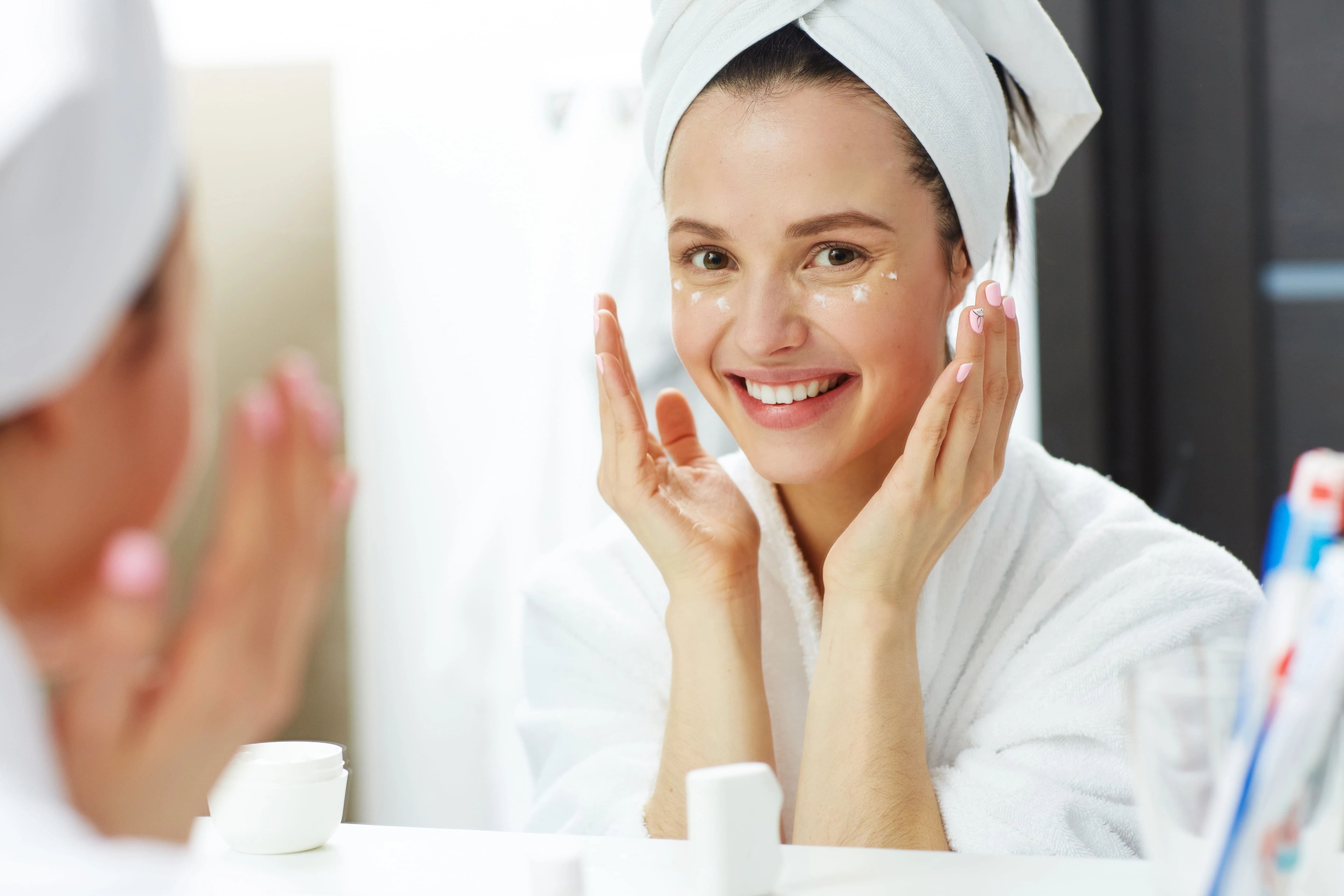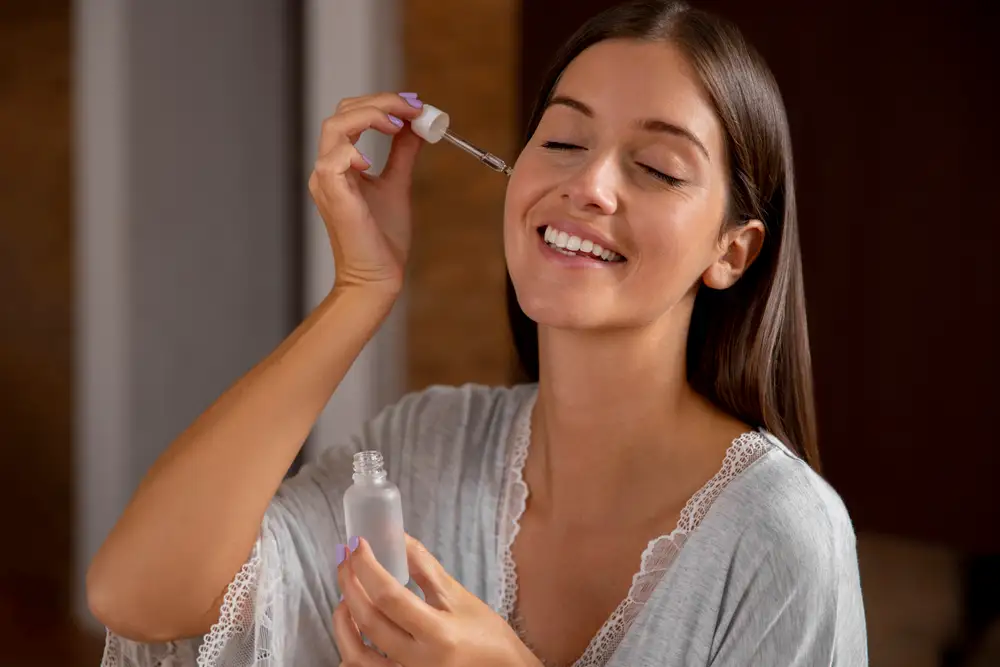Hydration vs Moisturization What's the Difference and Why Does It Matter
Understand the key difference between hydration and moisturization, how each benefits your...

Hydration and Moisturization are everyday words people use when describing skin care. It ends up raising a question whether the terms are inter-replaceable in many cases, but indeed, both apply for a healthy glowing skin with clear distinct purposes that treat skin issues. Understanding the difference between hydration and moisturization can transform your skincare routine and ensure your skin gets exactly what it needs.
What is hydration?
Hydration refers to the amount of water present in your skin. Hydrated skin feels plump, bouncy, and has a bright glow due to the proper water content inside the cells. When the skin lacks water, it gets dull and tight, which may display early aging such as wrinkles.
Hydrating products work on moisturizing your skin, that is, looking for ways to increase its water content. The product frequently uses humectants in forms of hyaluronic acid, glycerin, and aloe vera as a way of attracting the water from other surfaces or deeper parts of the skin to its surface. These components tend to regain lost moisture so as to give the glow one needs.
Common signs to know that your skin is starving and needs hydration
What Is Moisturiza
- Lacking brightness
- Tightness on skin after cleansing/washing
- Fine lines that seem to vanish when moisturized
tion?
Moisturization is locking in the moisture and preventing water loss. It deals with the barrier of the skin, building up a protective layer which helps keep hydration intact. Hydration adds water content in the skin, and moisturization ensures that that water does not leave its position.
Moisturizers typically have occlusives, such as shea butter, petroleum jelly, and oils. Other emollients contain ceramides and fatty acids that help restore the skin for smoothness. Moisturizers will allow the prevention of dry skin and defense against environmental elements like wind and cold snaps.
Common Signs Your Skin Needs Moisturization
- Flakiness and rough patches
- Redness and irritation
- Persistent feeling of dryness that lasts even after using moisturizing products
Why Does It Matter?
Hydration and moisturizing should be understood well, as it answers different needs of skin. A wrong product may sometimes aggravate the problem, rather than solving it.
How to Determine What Your Skin Needs
- Dehydrated Skin: You could experience dullness, tightness, and fine lines. Look for hydrating serums or light gels that have ingredients such as hyaluronic acid to restock water levels.
- Dry Skin: You can see that your skin feels scaly, flaky, or irritated. Then you will have to go for richer creams or oils to build a protective barrier and seal moisture.
- Blend: When you have both problems, blend your products. You begin with a hydrating serum that pushes water content followed by a moisturizer sealing it in.
Building Your Hydration and Moisturizing Routine
- Gentle Cleanse: Cleanse with a hydrating cleanser. This avoids stripping off the natural oils of the skin.
- Hydrate: Use a water-based serum or toner that has humectants.
- Seal: Moisturize with a product suitable for your skin type that will seal in the moisture.
- Protect: Apply sunscreen during the day to protect your skin from UV damage, which will exacerbate dehydration and dryness.
Role of Climate and Skin Type
Your skin's hydration and moisturization needs change with external factors such as climate and internal factors such as your skin type. For example:
- In warm, humid weather, you'll need more hydrating and less moisturizing.
- In colder, drier climates, you might need more moisturizing, maybe heavier moisturizers.
- Light, non-greasy hydrators that won't clog pores are ideal for oily types, while dry skin requires emollient-based products.
Conclusion
It is through hydration and moisturization that one manages healthy skin. Understand your skin's requirement then you can pick what should be used and then adopt a routine that ensures one's complexion is both in balance and glowing. Hydrated skin is happy skin, and moisturized is protected skin—both are the keys to radiant, youthful glow.











